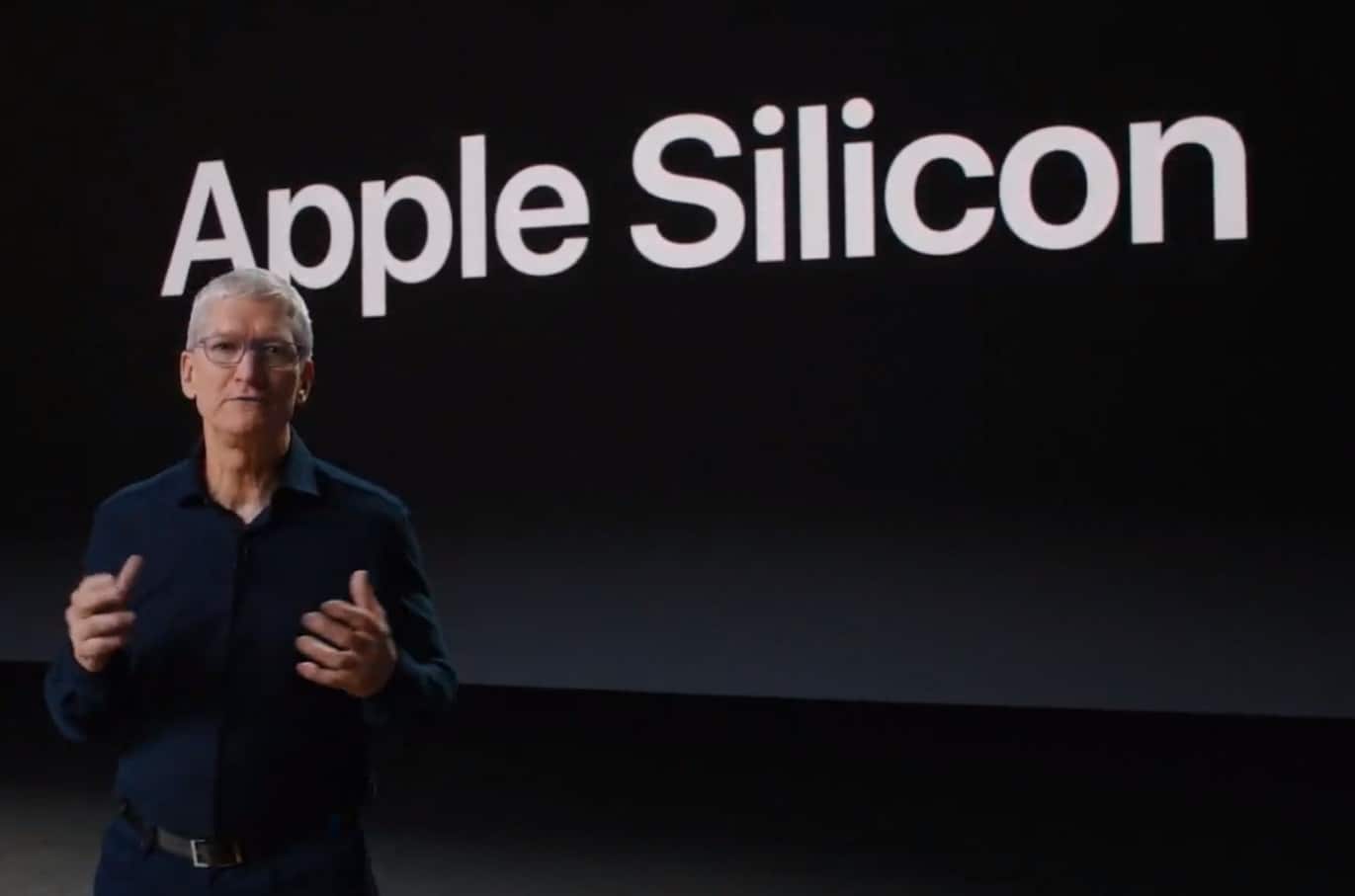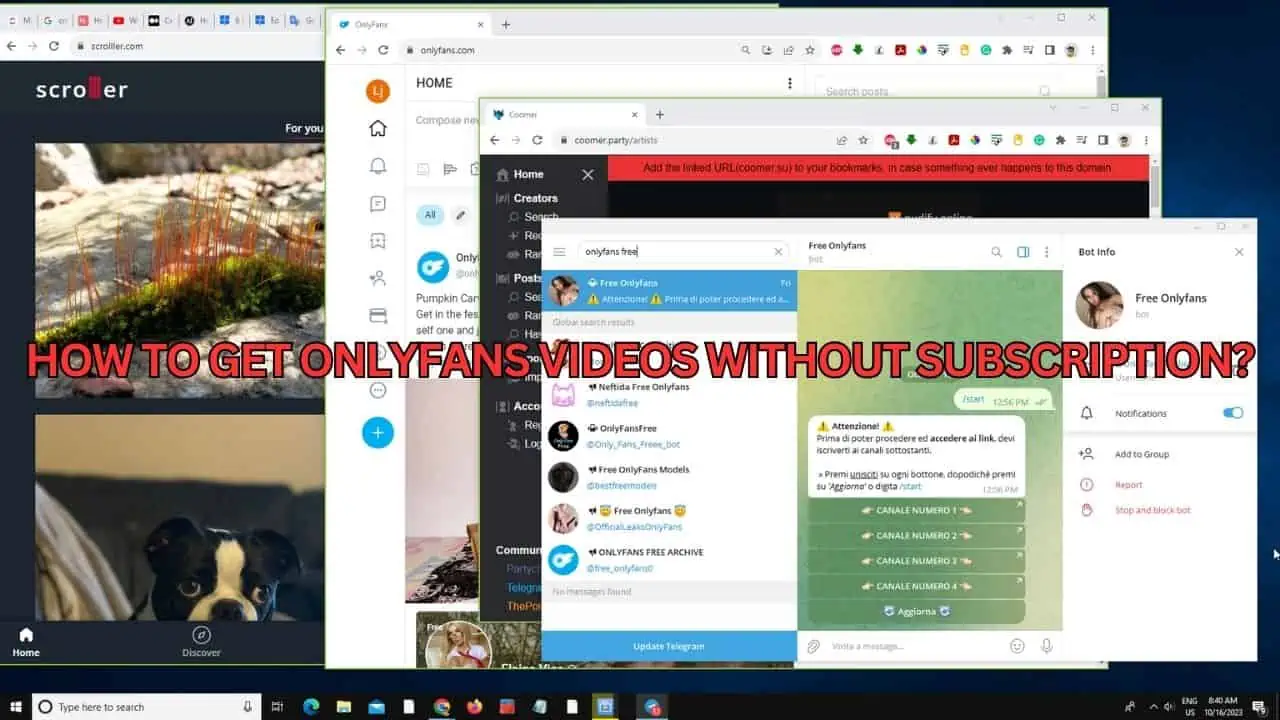Apple announce plans to move to their own desktop processor running on ARM.
3 min. read
Published on
Read our disclosure page to find out how can you help MSPoweruser sustain the editorial team Read more

Today, as expected, Apple announced that they would be transitioning their desktop hardware to an ARM processor of their own design.
Apple has of course been refining their Bionic processor over the last 10 years now but till now the company has remained loyal to Intel on their laptops and desktops.
Apple says the move will bring a whole new level of performance per watt but also bring a number of other improvements.
One of the big advantages would be a unification of their mobile and desktop products, based on Xcode.
Apple will be expecting developers to recompile their current Intel apps for their ARM processors, and will be encouraging developers to package their apps in a Universal ARM/Intel bundle.
Apple says Microsoft has been one of the first to recompile their apps for ARM for Apple.
Adobe has also recompiled Lightroom and Photoshop and the processor even supports 4K processing in FinalCut Pro.
For apps which have not been recompiled Apple has Rosetta 2, which translate apps on launch, and also does just-in-time translation to ARM, making the process transparent to users.
iPhone and Apple apps will now also run natively on the desktop, with no recompilation or other adjustments needed. iPhone apps will now be available in the Mac App Store.
“From the beginning, the Mac has always embraced big changes to stay at the forefront of personal computing. Today we’re announcing our transition to Apple silicon, making this a historic day for the Mac,” said Tim Cook, Apple’s CEO. “With its powerful features and industry-leading performance, Apple silicon will make the Mac stronger and more capable than ever. I’ve never been more excited about the future of the Mac.”
Apple is a launching a Quick Start program to help developers get up and running, and start shipping the kits powered by the A12Z Bionic System on a Chip (SoC) this week.
The program provides access to documentation, forums support, beta versions of macOS Big Sur and Xcode 12, and includes the limited use of a DTK, which will enable developers to build and test their Universal 2 apps. The DTK, which must be returned to Apple at the end of the program, consists of a Mac mini with Apple’s A12Z Bionic SoC inside and desktop specs, including 16GB of memory, a 512GB SSD, and a variety of Mac I/O ports. Developers can apply to the program at developer.apple.com, and the total cost of the program is $500.
The first Macs running on Apple Silicon will be released this year, and Apple expects the transition will take 2 years. Apple said they will continue to support their legacy Intel products for years to come, and will likely release a few more Intel products in the future.








User forum
0 messages